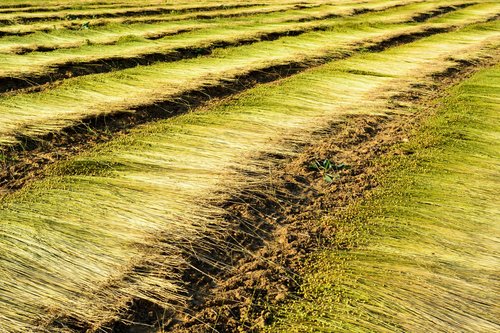
2 min read
Designer's Guide to Green Certifications
A Primer for Healthy Homes and Interiors. Who is gatekeeping wellness and sustainable design? WLLW looks at green certifications in brief.
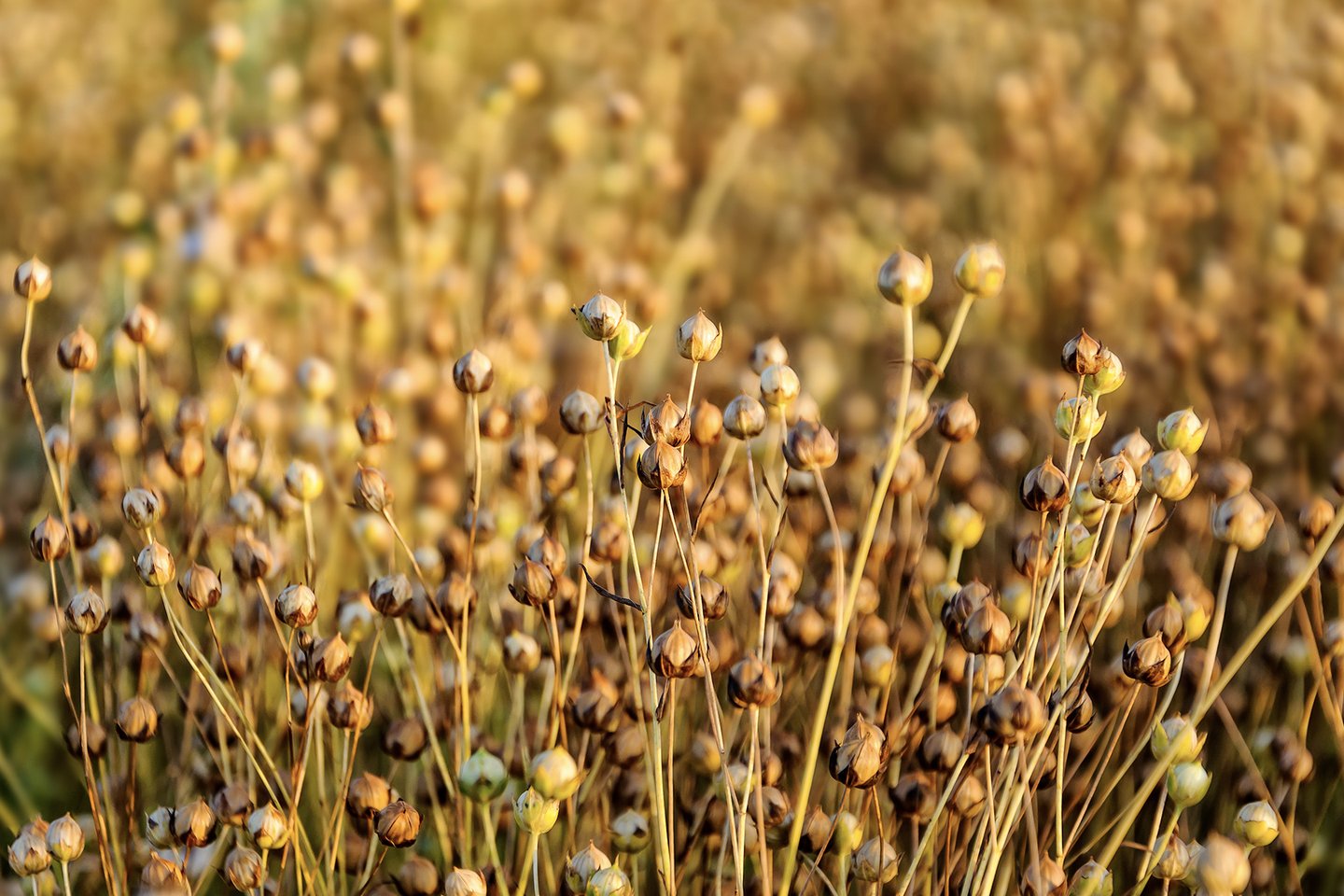
2 min read
WLLW explores the Global Organic Textile Standard as a hallmark of environmental and social responsibility in textile production.
Global Organic Textile Standard (GOTS) is recognized as the leading environmental protection and social welfare standard when it comes to organic fibers. Essentially, if an item carries the GOTS label you can rest assured that the organic fabric in your home is the ‘gold standard’ and made without harming the environment.
Something that sets GOTS apart from other certifications is that it considers the whole supply chain, not just the finished product. It was founded by four international organizations: Organic Trade Association (US), Internationaler Verband der Naturtextilwirtschaft (Germany), the Soil Association (UK) and Japan Organic Cotton Association (Japan) in 2002. Two of these (IVN and JOCA) are textile industry organizations, while the others (OTA and the Soil Association) are rooted in organic agriculture and food. Together, these bodies established an internationally recognized set of standards for what qualifies as organic textiles. The organization is made up of representatives from the founding bodies as well as experts from around the world.
GOTS covers textiles, fiber products, yarns, mattresses and fabrics
To earn a GOTS label every product must include a majority of organic natural fibers. There are two GOTS label grades, which are based on the percentage of organic fiber in the product. There is GOTS Organic, which applies to products containing at least 95 percent certified organic fibers, and GOTS Made with Organic, for products that contain at least 70 percent certified organic fibers.
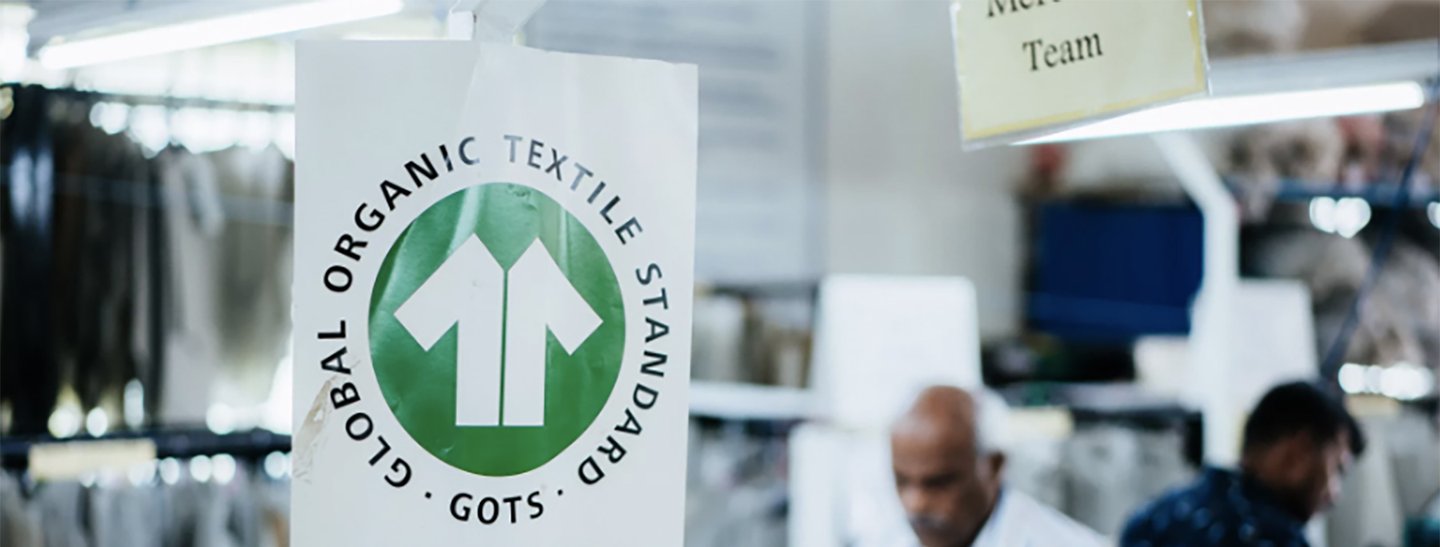
GOTS was created to meet the need for an internationally recognized standard covering all organic fibers, such as cotton, silk, wool and bamboo. To earn certification, products must also meet certain social and environmental criteria concerning the use of chemicals and energy, as well as water consumption and the disposal of waste.
A product earns the GOTS label only if it is managed by GOTS-certified operators at every stage. For example, the textile must be manufactured and processed in GOTS-certified buildings, while traders and suppliers handling the product packaging must also be GOTS-certified. If retailers add final touches to the product, such as embroidery, those retailers also need a GOTS certification, as do retailers who handle the final stage of packaging. GOTS performs on-site inspections and certification of processors, manufacturers and traders, which are executed by independent third-party certification companies. Those companies themselves have to meet a set of criteria in order to work with GOTS.

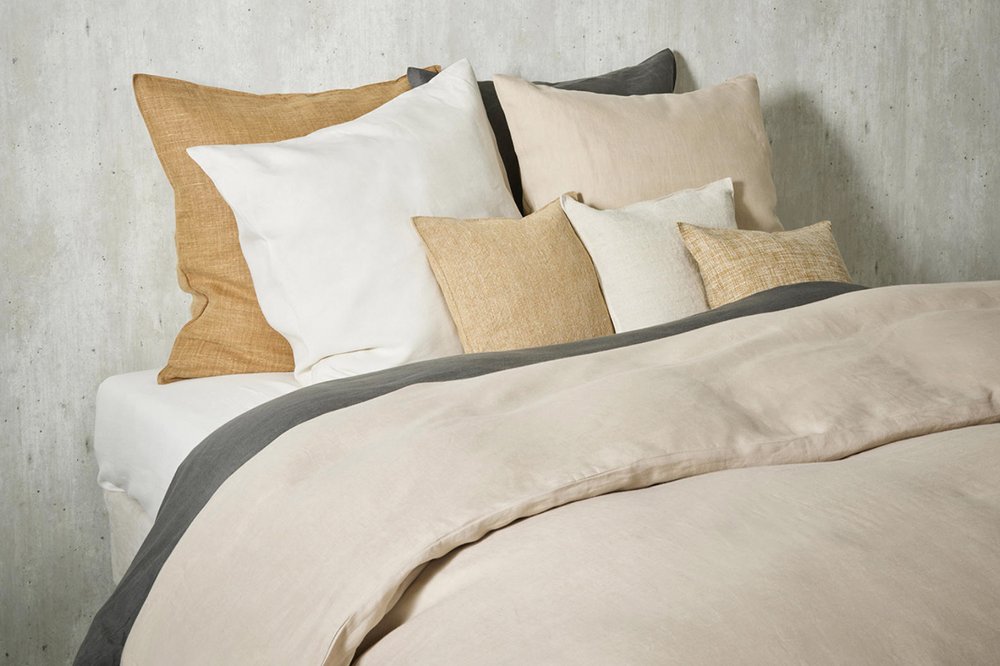

Environmental Standards: GOTS sets stringent environmental criteria that govern the entire lifecycle of textile production, from resource extraction to the final product, focusing on reducing the ecological footprint.
Social Standards: It enforces ethical practices, ensuring workers in the textile industry receive equitable treatment and safe working environments.
Transparency: It promotes clarity and accountability through a process where every production step is thoroughly documented by independent Third-Party GOTS accredited Certification Bodies
International Recognition: GOTS is a trusted name in organic textile certification, valued globally by consumers and industry leaders for its commitment to environmental and social responsibility.
Cost: Obtaining the GOTS certification can be expensive, especially for small businesses.
Limited scope: GOTS only certifies organic textiles, so it may not be suitable for companies that produce non-organic textiles or that use a combination of organic and non-organic fibers.
Enforcement: Enforcement of the GOTS standards can be difficult, especially for companies that operate in countries with weak regulatory systems. Even with the GOTS certification being verified by third-party auditors, some investigations have discovered fraud involving GOTS-certified textiles that weren’t produced with organic crops. As a result, some GOTS certifiers like OneCert, EcoCert, and Control Union have been banned in the EU; OneCert even lost its license to certify under GOTS.
Complexity: The GOTS standards are complex and can be difficult to understand for people who are not familiar with the textile industry or sustainability issues.
Photography: Igor/Adobe, GOTS Global Standard, de Le Cuona, Libeco, Coyuchi


2 min read
A Primer for Healthy Homes and Interiors. Who is gatekeeping wellness and sustainable design? WLLW looks at green certifications in brief.
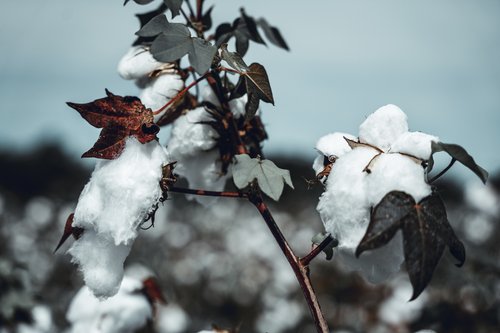
2 min read
WLLW examines Oeko-Tex Standard 100, a key certification that safeguards against toxic substances in textiles, responding to consumer demand for healthier products.